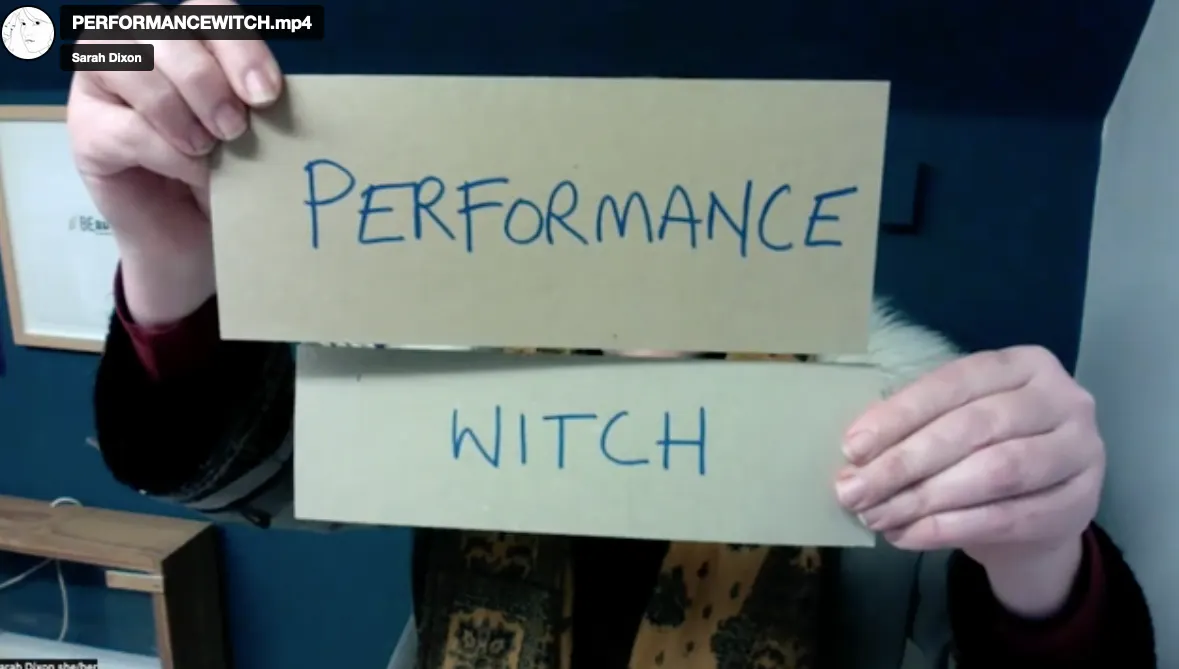WRITE { }
To write about writing is no easy task, especially when ones hands are uncomfortable and aching and somewhat stiff.
It is not easy to choose what to write about either. My hands do ache. It's not my most fun activity. It is making me realise that I do avoid writing for this reason, which leaves me with the option to work through conversation alone as a primary method, but this is not generally enough to be acceptable in many of the areas in which I would like to be able to take part. Writing is necessary.
This aching causes a general feeling of despair and a kind of powerlessness. So perhaps I will now write about the TV show I watched, staying up too late last night (also causing tiredness).
{I wish doctors would be able to help more. Doctors are paid a lot of money. They are often not helpful and they cause a lot of trauma but that is almost never spoken about, especially by doctors. NB I am not disputing how wonderful etc they are. I am just adding the part that doesn't get talked about so much.}
I watched a Netflix show, it was excellent. It was about a working class woman who had a successful career as a porn star, and how she navigated so many different layers, the traumas coming to haunt her and her peers, the violence always present, the fee-paying school, the class issues and how the violence sits across all layers despite the beauty of the houses; motherhood, caring for children, social media, so many things. What I loved about it was the way it showed the complexity of the nature of the abusiveness of the world we live in. It looked in a very honest and compassionate way at what consent means and it really showed something of what it is like to be female, something that often seems to me extremely difficult to articulate using “the tools of the Master’s house” - the language we inherited here, the language I have inherited, depicts a very particular world view and lens for thinking/seeing. A world view that obliterates my own experiences, that leaves an abyss where words would allow me to bridge those experiences and knit them together into coherence and meaning, to a shared understanding.
In the Visual Perception unit, an MSc level course I took in my final year of Biology undergraduate training back in 1998, we learnt about how people can be almost blind without knowing it. The eye can be missing almost all its receptors, or have most of them not working, but the mind creates a coherent picture of the world that feels continuous and “real”. It takes tiny scraps of information and uses them to create the illusion of solid reality.
That is how this feels. There are so many gaps between the words - others (you) don't see the gaps, I appear to be a whole and complete person. From a distance, everything coheres. If you get closer you may begin to notice some gaps, but your mind will gloss them over in the interests of having a liveable life.
"Objects are always grasped partially and incompletely, in "aspects" (Abschattungen) that are filled out and synthesized according to the attitudes, interests, and expectations of the perceiver. Every perception includes a "horizon" of potentialities that the observer assumes, on the basis of past experiences with or beliefs about such entities, will be fulfilled by subsequent perceptions"
Johns Hopkins Guide for Literary Theory and Criticism entry (2nd Edition 2005) - Paul B. Armstrong
https://www.brown.edu/Departments/Joukowsky_Institute/courses/architecturebodyperformance/1065.html (Opens in a new window)


